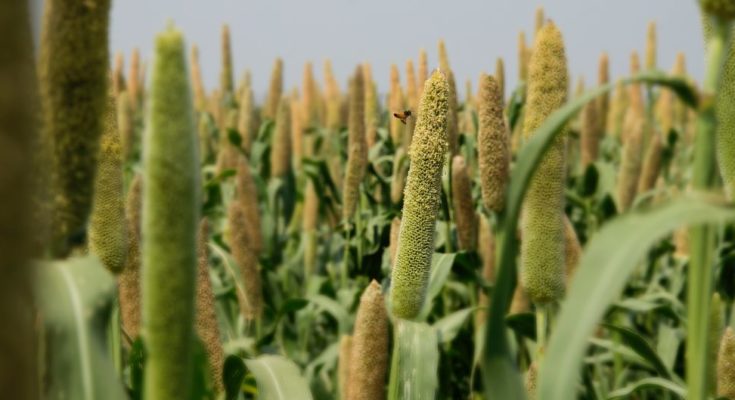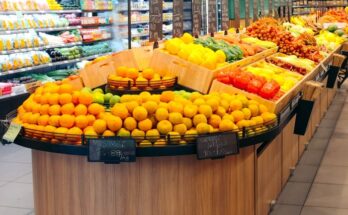London: The Global Panel on Agriculture and Food Systems for Nutrition has today announced the launch of its latest policy brief, COVID-19: safeguarding food systems and promoting healthy diets.
The brief focuses on the profound impacts the pandemic has already had on food systems and people’s diets during 2020. It sets out key decisions and actions which are needed to ensure that food systems can continue to function effectively, recover quickly from the present crisis, and build their resilience and effectiveness for the future.
The brief argues that a clear focus is needed on actions to protect the vulnerable today, using strategies that will increase the resilience of food systems for tomorrow. With a focus on consumers and food supply, it presents 10 priority actions to help policymakers mitigate the effects of the pandemic on food systems.
Special Envoy to the UN Food Systems Summit and Global Panel Member, Dr Agnes Kalibata, commenting on the COVID-19 pandemic said, “We need to ‘rethink’ our food systems, so they better serve the purpose of feeding people and ensuring a safe planet for the future.”
The new brief also presents a vision beyond the pandemic, one where there is greater equity in access to healthy diets embedded in food systems, which are in turn more resilient to shocks.
Dr Kalibata added, “We must build back better food systems that need to be more resilient and more inclusive.”
The COVID-19 pandemic has exposed the fragility of food systems, and the reliance that we all place on these to deliver the food we need. Even before the pandemic, around three billion people already had inadequate diets. How far that number will have risen due to income loss and reduced consumption is not yet known, but it is likely to be significant.
At the same time, food systems are increasingly threatened by climate change and the rapid deterioration of environmental resources, as well as being a contributor to greenhouse gas emissions, prompting the World Health Organisation to call for the promotion of environmentally sustainable food systems which provide inclusive access to healthy foods as an important component of a global recovery from the virus.
The Global Panel’s brief shows how the current human tragedy and ensuing economic crisis arising from the pandemic offer an opportunity for policymakers to think differently about how food systems function in their countries. The key challenge is how to make diets, food businesses, farming practices, storage technologies, regulatory systems, and price instruments better able to sustain food systems which deliver healthy diets for everyone, as well as protecting the environment.
John Kufuor, Co-Chair of the Global Panel and former President of Ghana has urged the governments of across the countries, “to ensure that policy responses to COVID-19 minimise harm to the food system, to nutrition and the environment.” He added, “They must prioritise policies that promote the trade of nutritious foods particularly for the poor and nutritionally vulnerable, whilst avoiding short-cuts to economic recovery that could damage the natural environment, or compromise food safety.”
The Global Panel on Agriculture and Food Systems for Nutrition was established in August 2013 at the Nutrition for Growth Summit in London. Funded by the UK Department for International Development, the Panel is an independent group of experts and leaders who hold or have held high office and who show strong personal commitment to improving nutrition. The Panel aims to provide guidance to decision makers, particularly governments, to inform and promote agricultural and food policies and investment for improved nutrition in low and middle income countries.





The Global Panel on Agriculture and Food Systems for Nutrition is pleased to launch its new report ‘Future Food Systems: For people, our planet, and prosperity’ at an on-line event co-hosted by FAO. Read the opinion piece by Global Panel Member Dr Celso Moretti on the impacts of COVID-19 on food systems in Brazil.